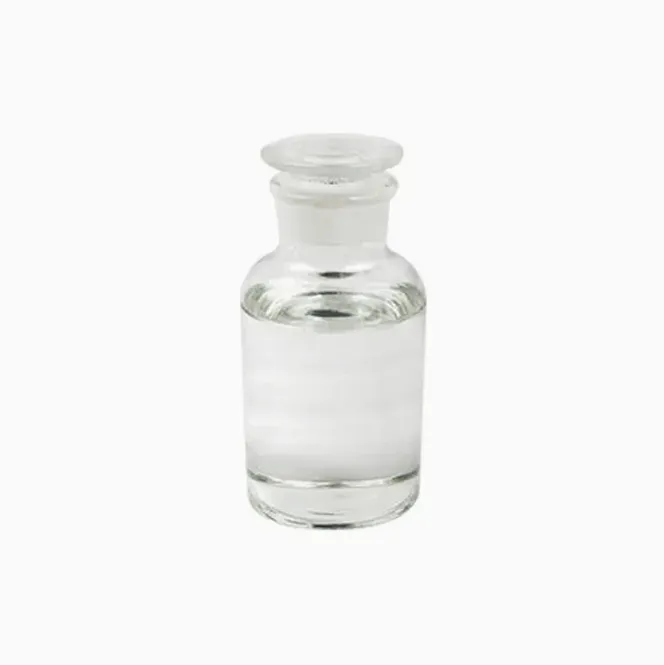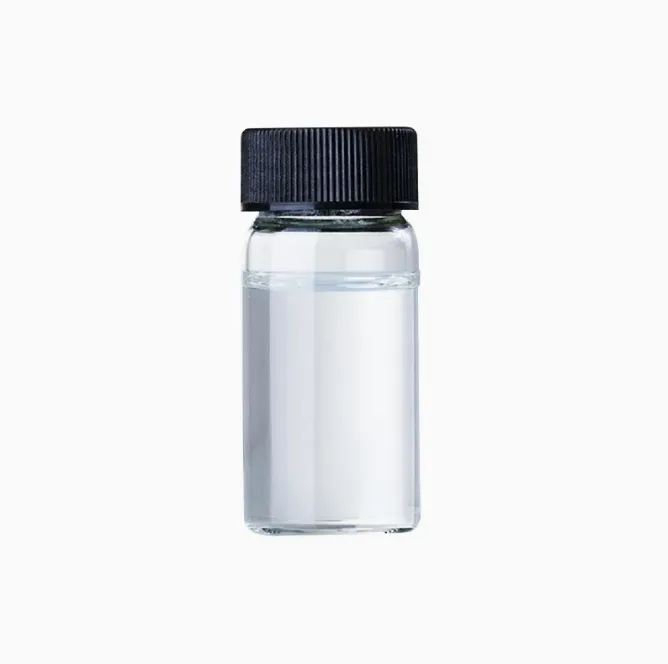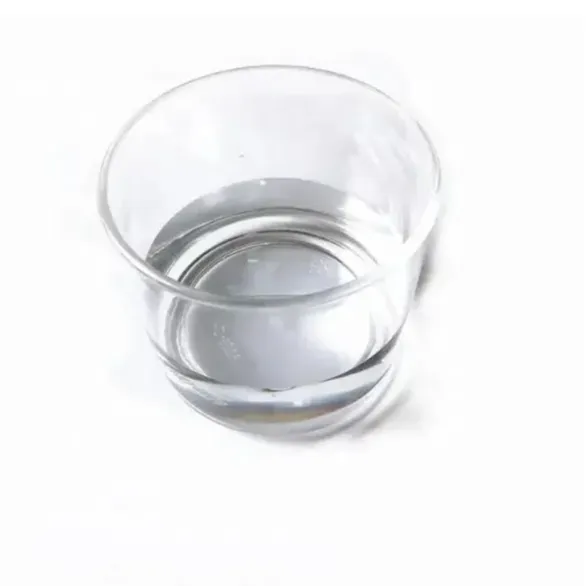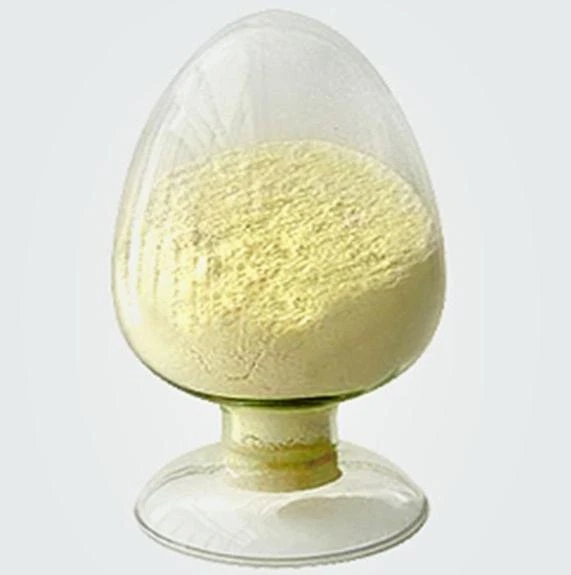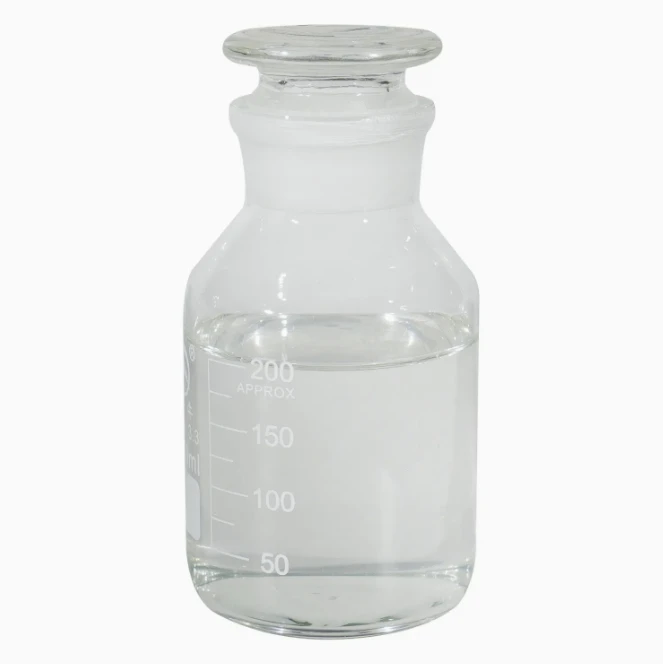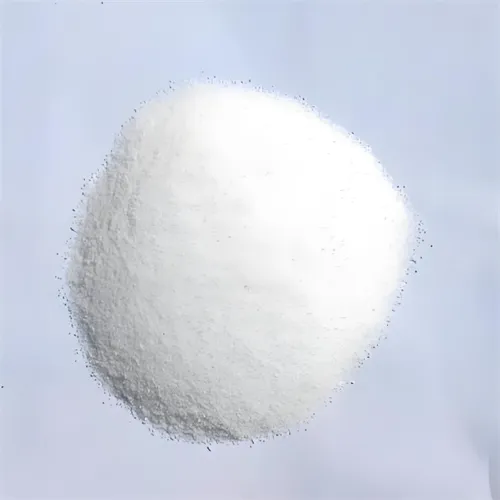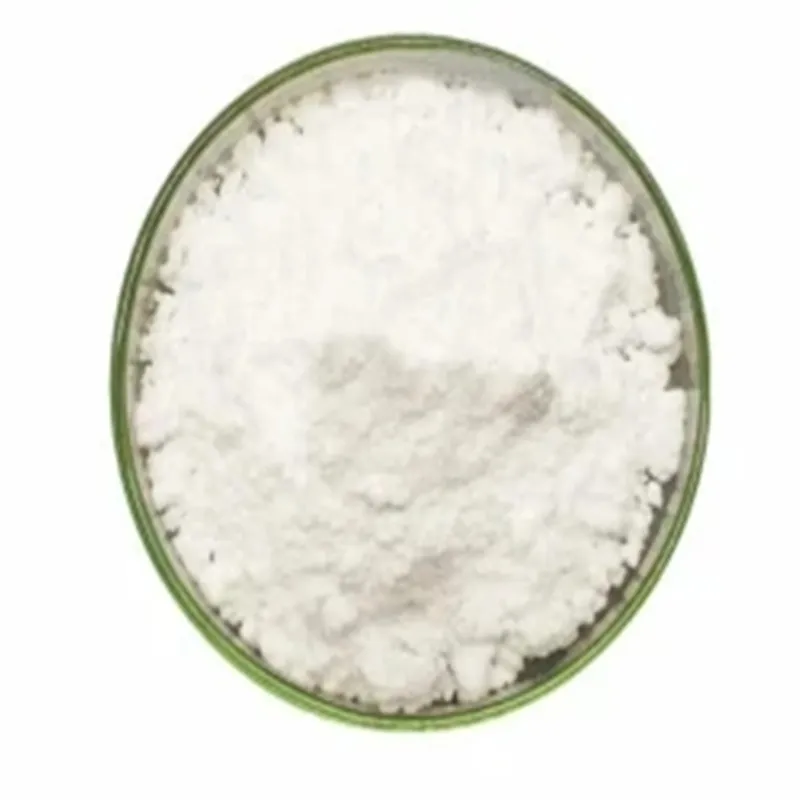Warning: Undefined array key "file" in /home/www/wwwroot/HTML/www.exportstart.com/wp-content/themes/1198/header.php on line 7
Warning: Undefined array key "title" in /home/www/wwwroot/HTML/www.exportstart.com/wp-content/themes/1198/header.php on line 7
Warning: Undefined array key "title" in /home/www/wwwroot/HTML/www.exportstart.com/wp-content/themes/1198/header.php on line 7
- Aferika
- Alapania
- Amharic
- Alapi
- Armenian
- Azerbaijani
- Basque
- Pelalusiana
- Bengali
- Bosnian
- Bulgarian
- Katalana
- Sepuano
- Saina
- Saina (Taiwan)
- Kosikana
- Croatian
- Czech
- Danish
- Siamani
- Igilisi
- Eseperano
- Estonian
- Finnish
- Falani
- Frisian
- Galician
- Georgian
- Siamani
- Greek
- Gujarati
- Haiti Kereole
- Hausa
- Havaii
- Eperu
- Leai
- Miao
- Hungarian
- Icelandic
- igbo
- Indonesian
- Aialani
- Italia
- Iapani
- Javanese
- Kannada
- Kasaka
- Khmer
- Rwanda
- Kolea
- Kutisa
- Kirikisi
- TB
- Latina
- Latvian
- Lituaniana
- Lusemipoukisi
- Macedonian
- Malgashi
- Malay
- Malayalam
- Maltese
- Maoli
- Marathi
- Mokoliana
- Myanmar
- Nepali
- Norwegian
- Norwegian
- Occitan
- Pasato
- Persian
- Polish
- Portuguese
- Punitapi
- Lomani
- Lusia
- Samoa
- Sikotilani Gaelic
- Serbian
- Igilisi
- Shona
- Sindhi
- Sinhala
- Slovak
- Slovenian
- Somali
- Sipaniolo
- Sundanese
- Swahili
- Swedish
- Tagalog
- Tajik
- Tamil
- Tatar
- Telugu
- Fa'a Thai
- Turkish
- tamaloloa Take
- Ukaraina
- Urdu
- Uighur
- Uzbek
- Vietnamese
- Uelese
- Fesoasoani
- Yiddish
- Yoruba
- Zulu
N,N-Dimethylformamide CAS 68-12-2
A colorless, pale liquid with an amine-like smell. The explosion limit of the mixture of mp vapor and air is 2.2% to 15.2%. Miscible with water and common organic solvents. It can cause combustion and explosion when exposed to open flames or high heat. It can react violently with concentrated sulfuric acid and fuming nitric acid, and even explode. Flammable. It poses a risk of combustion and explosion when exposed to open flames, high heat or in contact with oxidants. It can react violently with concentrated sulfuric acid and fuming nitric acid, and even cause an explosion. It can react strongly with halides (such as carbon tetrachloride).
N, N-dimethylformamide (DMF) is a colorless liquid with a distinctive pungent odor.
Nature:
1. Density: The density of DMF is 0.944 g/mL, indicating its weight ratio relative to water.
2. Solubility: DMF is highly soluble in water and can be miscible with many organic solvents, such as alcohols, ethers, ethers, aromatics, etc. Due to its good solubility, DMF is often used as a solvent or medium.
3. Stability: DMF is sensitive to light and air and is prone to oxidation and decomposition. Under conditions of high temperature, light exposure or long-term storage, DMF may decompose to produce toxic or harmful gases.
4. Acidity and alkalinity: DMF is a strongly alkaline solvent that can react with acids to form salts. It can react with many strong acids to form the corresponding DMF salts.
5. Flammability: DMF can burn, generating combustion products such as carbon dioxide, water and nitric oxide. Under an open flame, DMF may produce toxic gases when burning.


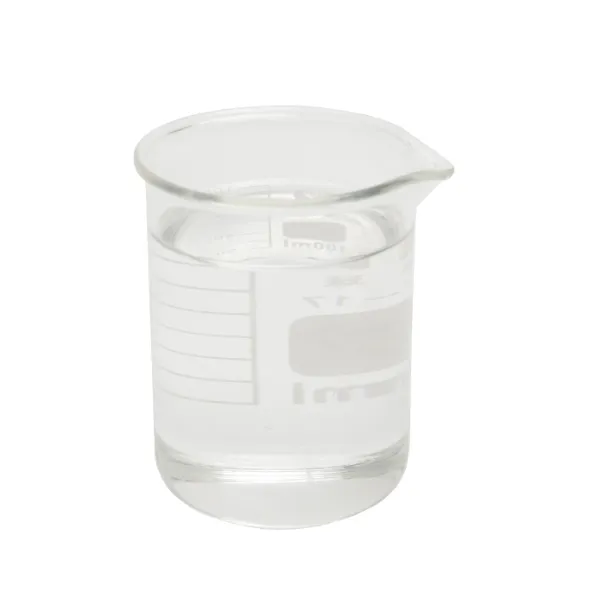
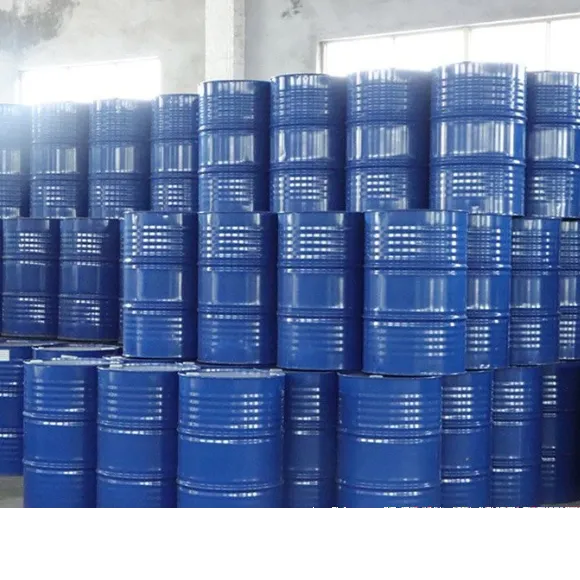
N, N-dimethylformamide (abbreviated as DMF) is a commonly used organic solvent, which has extremely strong solubility and good stability. It has extensive applications in the field of chemistry.
DMF is often used as a solvent in organic synthesis. It has good solubility and can dissolve a variety of organic compounds, and is widely used in organic synthesis reactions. DMF can react with a variety of organic compounds, such as reacting with acylation reagents to prepare esters and with aromatic compounds to prepare amides, etc.
Secondly, DMF is also applied in the polymer industry. It can be used as a reaction solvent for high-molecular compounds such as polyurethane, phenolic resin and polyamide. DMF can also be used as a solvent for synthesizing cellulose dissolving pastes, paints, coatings, etc.
In addition, DMF can also be used as an electrolyte solvent. Its polarity and stability make it suitable as an electrolyte solvent in devices such as lithium-ion batteries and solar cells.
In the preparation of nanomaterials, DMF can be used as a solvent or reaction medium to synthesize nanomaterials and adjust their particle size and morphology.
E tele a matou fale gaosi oloa maualuga ma le galulue faʻatasi, lea e mafai ona tuʻuina atu ia te oe oloa maualuga ma tau faʻatauvaʻa. Ma e mafai foi ona matou tuʻuina atu faʻaitiitiga mo faʻatauga tele.Ma matou te galulue faʻatasi ma le tele o kamupani faʻapolofesa felauaiga uta, e mafai ona tuʻuina atu oloa ma le saogalemu ma le sologa lelei i ou lima. Le taimi tu'uina atu e tusa ma le 3-20 aso talu ona fa'amaonia le totogiina.

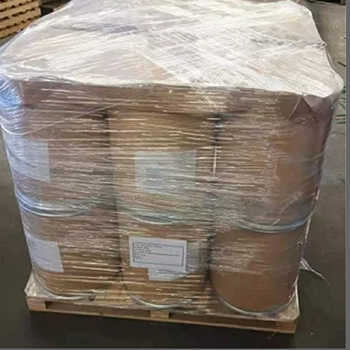
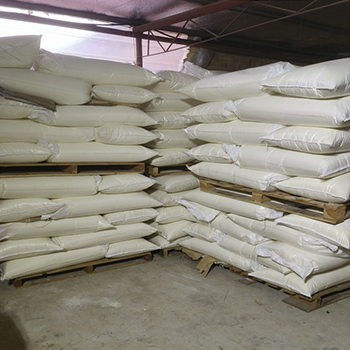
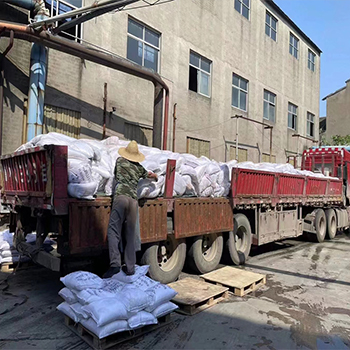
| Molecular Formula | C3H7NO |
| Molar Mass | 73.09 |
| Density | 0.944 g/mL (lit.) |
| Lisi Lisi | -61 °C (lit.) |
| Boling Point | 153 °C (lit.) |
| Specific Rotation(α) | 0.94 º |
| Flash Point | 136°F |
| Suavai Solubility | soluble |
| Solubility | water: miscible |
| Vapor Presure | 2.7 mm Hg ( 20 °C) |
| Vapor Density | 2.5 (vs air) |
| Fa'aaliga | liquid |
| Color | APHA: ≤15 |
| Sogisogi | Faint, ammonia-like odor detectable at 100 ppm |
| Exposure Limit | NIOSH REL: TWA 10 ppm (30 mg/m3), IDLH 500 ppm; OSHA PEL: TWA 10ppm; ACGIH TLV: TWA 10 ppm (adopted). |
| Maximum wavelength(λmax) | λ: 270 nm Amax: 1.00λ: 275 nm Amax: 0.30λ: 295 nm Amax: 0.10λ: 310 nm Amax: 0.05λ: 340-400 nm Amax: |
| Merck | 14,3243 |
| BRN | 605365 |
| pKa | -0.44±0.70(Predicted) |
| PH | 7 (200g/l, H2O, 20℃) |
| Storage Condition | Store at +5°C to +30°C. |
| Sensitive | Hygroscopic |
| Explosive Limit | 2.2-16%(V) |
| Refractive Index | n20/D 1.430(lit.) |
| Physical and Chemical Properties | Density 0.945 melting point -61°C boiling point 153°C refractive index 1.429-1.432 flash point 58°C specific rotation 0.94 ° water-soluble solution |
| Fa'aoga | Used as analytical reagents and ethylene resin, acetylene solvent |

1. O oe o se falegaosimea po'o se kamupani fefa'ataua'iga?
O matou o se compnay tu'ufa'atasiga alamanuia ma fefa'ataua'iga, tu'uina atu le tasi-taofi service.OEM e mafai ona talia.
2. E te tuʻuina atu faʻataʻitaʻiga? E leai se totogi pe fa'aopoopo?
Fa'ata'ita'iga fua.E mana'omia ona totogi le tau o uta a le fa'ata'ita'iga i lou itu.
3. E i ai ni au tusi faamaonia e fesoʻotaʻi ma le pulea lelei?
ISO 9001: 2008 faʻamaonia e faʻamautinoa le lelei.
4. O le a le mea e tatau ona ou saunia e maua ai se upusii?
Pls taʻu mai ia i matou le ituaiga oloa e te manaʻomia, faʻatonuga tele, tuatusi ma manaoga faʻapitoa.O le upusii o le a faia mo lau faʻamatalaga i le taimi.
5. O le a le ituaiga auala totogi e te manaʻo ai? O a ituaiga tuutuuga e talia?
Taliaina Tu'uina atu: FOB,CFR,CIF,EXW;
Talia Totogi Tupe:USD;
Accepted Payment Type: T/T,Western Union; Paypal,BTC
Gagana Gagana: Igilisi.
Vaega o oloa
-
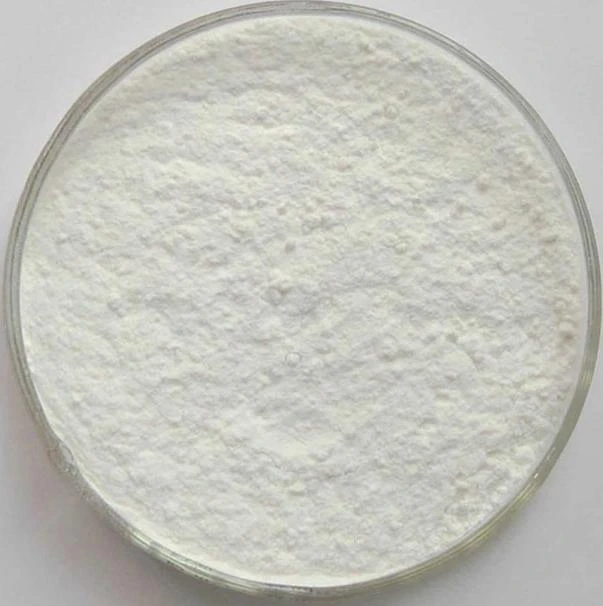 May . 07, 20252025 New York Cosmetics Ingredients ExhibitionThe much-anticipated 2025 Cosmetics Ingredients New York will be held at the Javits Center in New York from June 3 to 4, 2025. This event will bring together industry leaders, innovators and enthusiasts from all over the world to discuss the latest trends and advances in the field of cosmetic ingredients.
May . 07, 20252025 New York Cosmetics Ingredients ExhibitionThe much-anticipated 2025 Cosmetics Ingredients New York will be held at the Javits Center in New York from June 3 to 4, 2025. This event will bring together industry leaders, innovators and enthusiasts from all over the world to discuss the latest trends and advances in the field of cosmetic ingredients. -
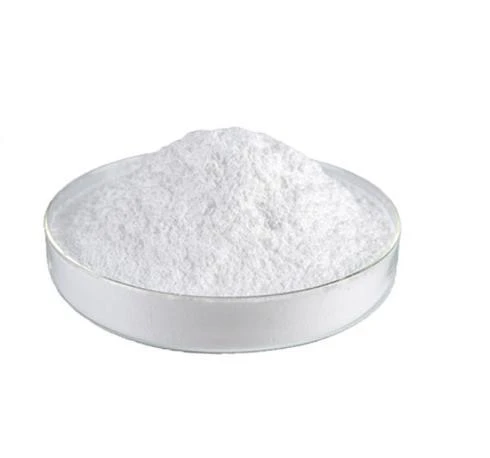 Apr . 27, 2025Zibo will host the 2025 International Chemical ExpoZibo, a city known for its thriving chemical industry, will host the 2025 Zibo International Chemical Expo from May 16 to May 18, 2025. This highly anticipated event aims to bring together industry leaders, innovators and stakeholders from around the world to explore the latest advancements and trends in the chemical industry.
Apr . 27, 2025Zibo will host the 2025 International Chemical ExpoZibo, a city known for its thriving chemical industry, will host the 2025 Zibo International Chemical Expo from May 16 to May 18, 2025. This highly anticipated event aims to bring together industry leaders, innovators and stakeholders from around the world to explore the latest advancements and trends in the chemical industry. -
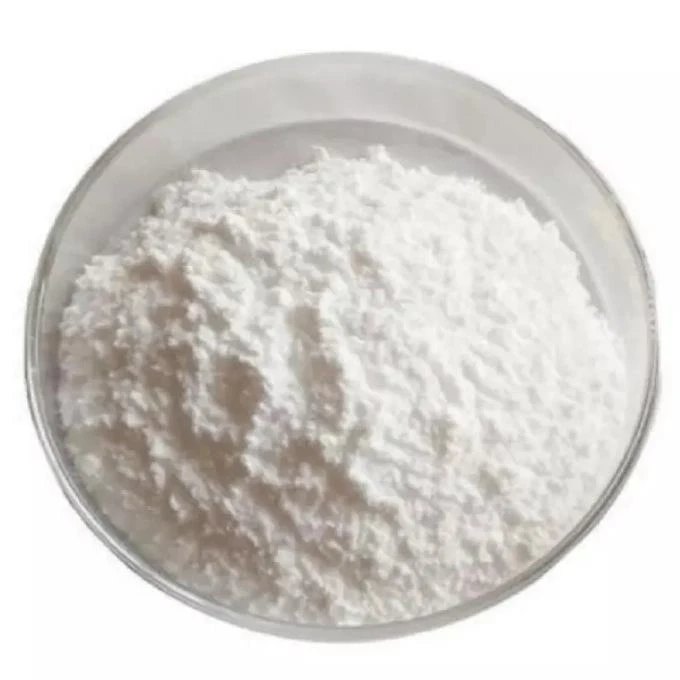 Apr . 22, 20252025 Yokohama Cosmetics Raw Materials and Technology ExhibitionYOKOHAMA, Japan – The City of Yokohama is preparing to host the much-anticipated Cosmetics Ingredients & Technologies 2025 from May 14 to May 16, 2025. The premier event is expected to attract industry professionals, innovators and enthusiasts from around the world to showcase the latest advancements in cosmetic ingredients and technologies.
Apr . 22, 20252025 Yokohama Cosmetics Raw Materials and Technology ExhibitionYOKOHAMA, Japan – The City of Yokohama is preparing to host the much-anticipated Cosmetics Ingredients & Technologies 2025 from May 14 to May 16, 2025. The premier event is expected to attract industry professionals, innovators and enthusiasts from around the world to showcase the latest advancements in cosmetic ingredients and technologies.


